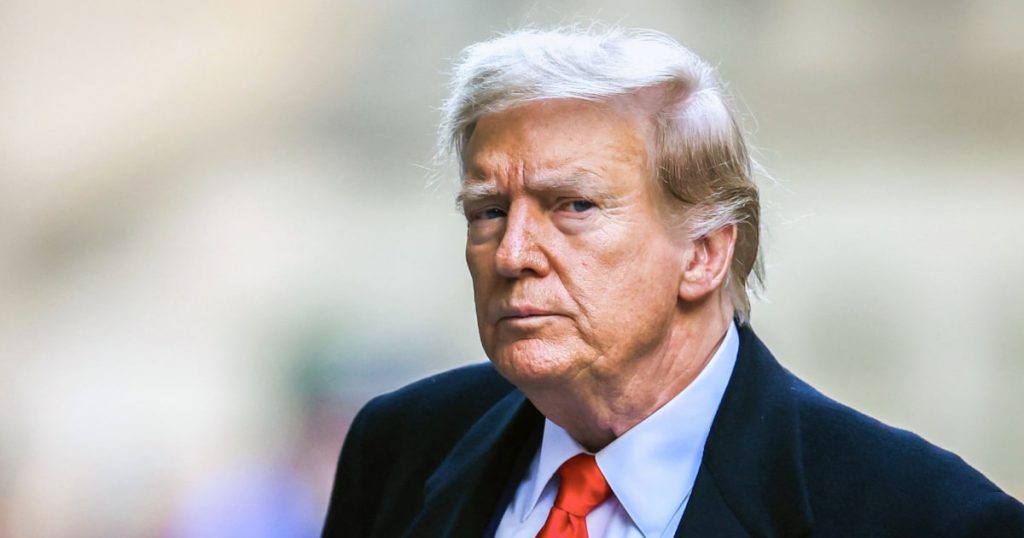The judge overseeing former President Donald Trump’s hush money case in New York has approved a questionnaire for jury selection and instructions for prospective jurors in the trial, set to begin next week. The questionnaire consists of 42 numbered questions on a range of topics and does not ask about party affiliation, political contributions, or voting history. Judge Juan Merchan pushed back against Trump’s attorneys’ assertion that political affiliations and feelings toward Trump are important for jury selection, emphasizing that the ultimate issue is whether prospective jurors can set aside personal biases and render a decision based on evidence and law.
The jury questionnaire covers a variety of topics including the prospective juror’s background, relationships, ability to follow instructions and render a verdict, exposure to books about the alleged crimes in the case, ties to Trump or the Trump Organization, religious beliefs, and media consumption habits. Merchan noted that political affiliation may be inferred from other responses to the questionnaire and warned attorneys not to intrude beyond what is relevant and approved. Trump’s attorneys and the Manhattan district attorney’s office did not immediately comment on the matter, and a similar dispute over political preferences also arose in Trump’s classified documents case in Florida.
Trump had pleaded not guilty to 34 felony charges of falsifying business records related to hush money paid to adult film star Stormy Daniels during the 2016 presidential campaign. In addition to the jury questions, Merchan also announced that prospective jurors would be identified by numbers printed on their jury summonses to ensure anonymity. He ruled last month to use an anonymous jury due to concerns of bribery, jury tampering, or physical harm to jurors. Merchan specified that individual interviews with prospective jurors unable to serve would not be conducted, deeming it unnecessary for the case.
In what appeared to be a blow to Trump’s legal team, a state appeals court judge rejected his effort to delay the trial, which is scheduled to begin on April 15 with jury selection. The judge emphasized that jury selection is not about determining whether a prospective juror likes or dislikes a party, but rather ensuring that jurors can remain impartial and render a decision based on the evidence and the law. The jury questionnaire addresses various aspects of prospective jurors’ backgrounds, beliefs, affiliations, and media consumption habits to identify any potential biases that could impact their ability to serve on the jury. Merchan’s decisions regarding jury anonymity and the questioning process seek to create a fair and impartial trial for the hush money case involving Trump.


